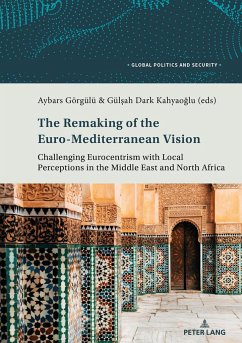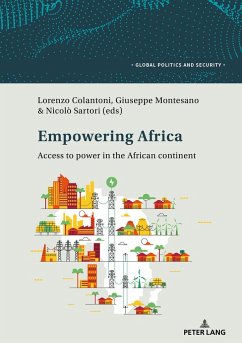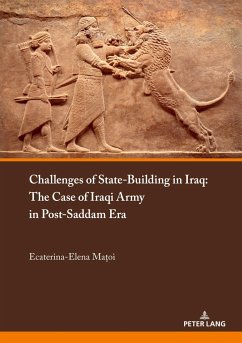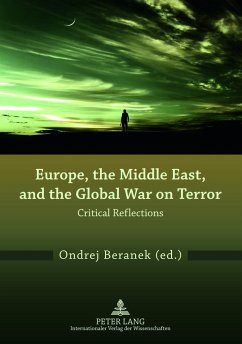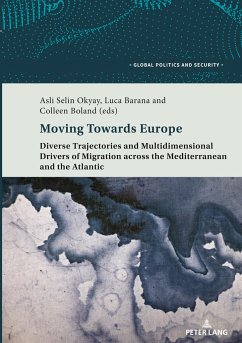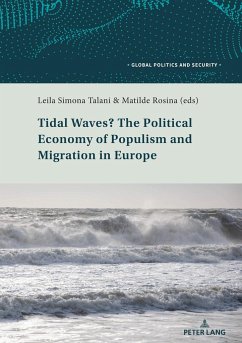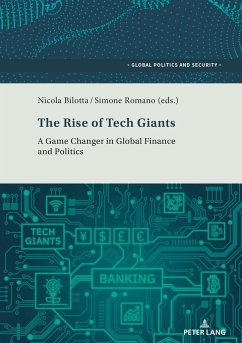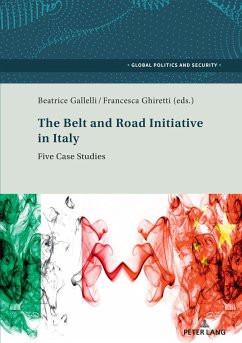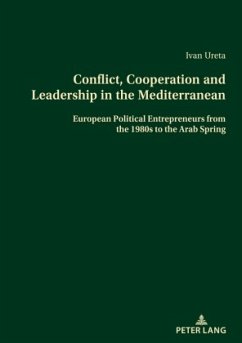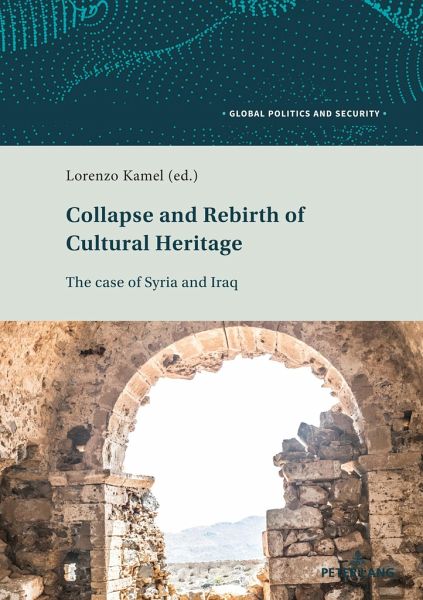
Collapse and Rebirth of Cultural Heritage
The Case of Syria and Iraq
Herausgegeben: Kamel, Lorenzo
Versandkostenfrei!
Versandfertig in 6-10 Tagen
43,45 €
inkl. MwSt.

PAYBACK Punkte
0 °P sammeln!
Cultural heritage and illicit trafficking in the Middle East are two key topics of our time. The book sheds light on both aspects, and identifies the need to democratize cultural heritage, by giving greater control to local communities. It also investigates the link between local hotbeds of conflict and violence in countries such as Syria and Iraq, as well as war economics, transnational criminal networks and the politics of deliberate destruction and theft of cultural heritage. Finally, the chapters analyze the impact of non-violent and violent non-state actors, fragile states, forced migrati...
Cultural heritage and illicit trafficking in the Middle East are two key topics of our time. The book sheds light on both aspects, and identifies the need to democratize cultural heritage, by giving greater control to local communities. It also investigates the link between local hotbeds of conflict and violence in countries such as Syria and Iraq, as well as war economics, transnational criminal networks and the politics of deliberate destruction and theft of cultural heritage. Finally, the chapters analyze the impact of non-violent and violent non-state actors, fragile states, forced migration, environmental degradation, as well as how local and international institutions have reacted to the dramatic events which the region and its inhabitants have experienced in recent years






